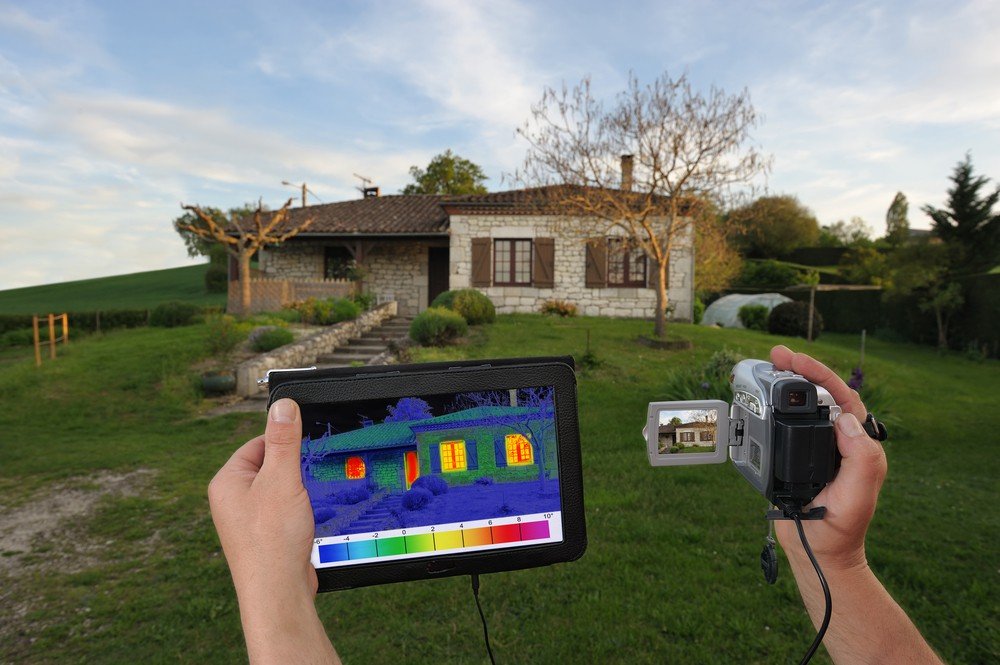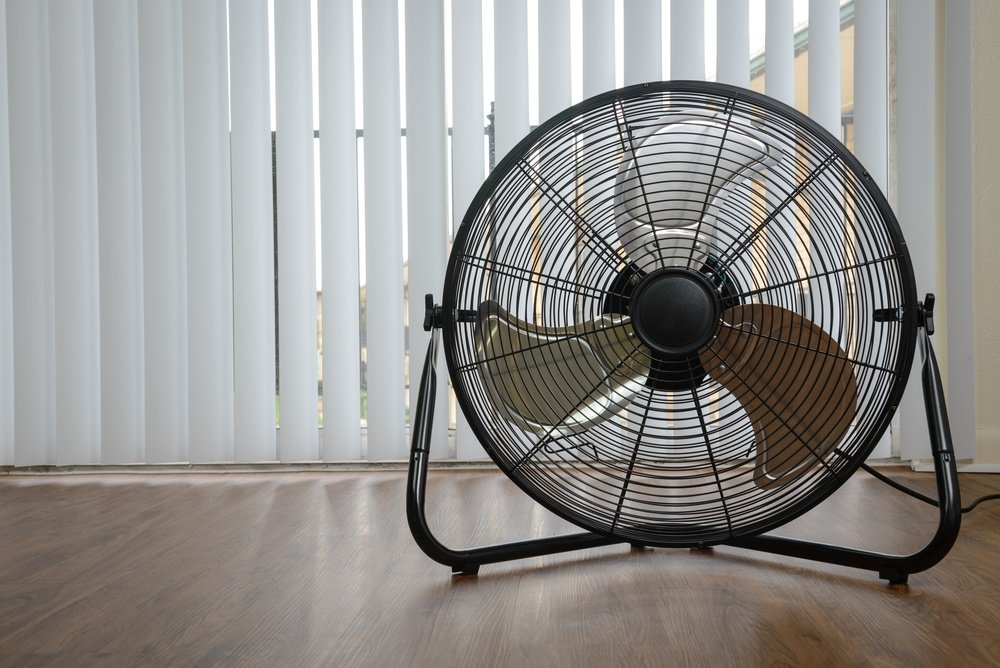Lower Your Utility Bills This Summer With Energy Efficient Cooling
 Heating a home in the winter can be costly and yet an absolute necessity. When March and April arrive, you feel relieved. You might find a little extra cash in your pocket from the reduced heating bill. Then, summer kicks in. Although air conditioning is often seen as an option, we find that during certain times of the year, it’s also quite necessary.
Heating a home in the winter can be costly and yet an absolute necessity. When March and April arrive, you feel relieved. You might find a little extra cash in your pocket from the reduced heating bill. Then, summer kicks in. Although air conditioning is often seen as an option, we find that during certain times of the year, it’s also quite necessary.
Average global temperatures break records every year, and fluctuations in various regions in the country can take temperatures even higher than average – especially in cities where heat can become trapped.
Home cooling accounts for 6 percent of the average home’s energy use. Because it’s an average, it doesn’t reveal the sharp rise in cost over the hot summer months. It means that your summer vacation budget may need some rework without a plan to keep costs down.
Make your summer more tolerable and fun, with some basic tips on reducing your costs while staying cool.
Limiting Absorption
After traveling 93 million miles, sunlight is converted to heat energy when it hits your living room floor via you south-facing window. If you can prevent that from happening, you’re off to a good start. Simple blinds can help. Those with bigger ambitions might spend a little money on window treatments specifically designed for that purpose. In the same vein, you might want to also consider awnings.
Blocking
Willing to take it a little further? Solar roofing systems don’t just generate clean energy which can then be used to cool your home, it keeps the sunlight from reaching your roof. Sure, solar panels get hot too. However, the amount of heat transmitted from the panel to your home is less than the heat transmitted through your home from asphalt shingles.
Reflecting
Another way to limit solar absorption is to reflect the light away from the house. If you’re getting a new roof, consider the color of the shingle. The color of the shingle affects its ability to absorb solar radiation.
When you’ve made every reasonable effort to prevent your environment from heating-up, you can concentrate your efforts on cooling it down, in ways that are efficient and effective.
 Alternatives to Air Conditioning
Alternatives to Air Conditioning
Fans are a great alternative when looking for an inexpensive way to stay cool. However, the methods for getting the most out of your fan (and your money) may not be so obvious. For example, if the air from a fan is blowing on you and the people near you in order to stay cool, you’ve probably noticed that it works great…most of the time. The fan is using the principles of convection and evaporation to remove heat from your body. In other words, if your body temperature is higher than the surrounding air, the fan will remove that hear with the surrounding air. When you perspire, the fan helps perspiration evaporate, further cooling the body. If the surrounding air is the same temperature as your skin, you’re relying on the evaporation of your perspiration only. If, in addition to high air temperature, the humidity in the air is such that evaporation won’t occur, standing in front of a fan is a complete waste of time.
Ventilation fans work on a different principle. Air at the highest points in your house are the warmest, because heat rises. A ventilation fan in a window on the top floor will assists the natural tendencies of warmer air, drawing it up from the lower floors and expelling it out through the window. On days when the temperature outside is cooler than the air inside the house, you would take the same fan in the previous example and reverse the flow of air. You push the cool air down to the lower floors from the top floor.
If you have a below-ground finished basement, you’ve probably noticed that it’s the coolest room in the house. This room is cooled cooled by the ground surrounding your basement walls. You may not need a ventilation fan.
Minimize heat sources
The kitchen can get really hot. Even a room lit by 100W incandescent light bulbs can experience a slightly elevated temperature. High-efficiency appliances like those with the “Energy Star logo will also contribute, by lowering energy consumption and dumping less waste heat into your home.
Follow these basic tips and you’ll find that you’re not so dependent on air contitioning after all.


